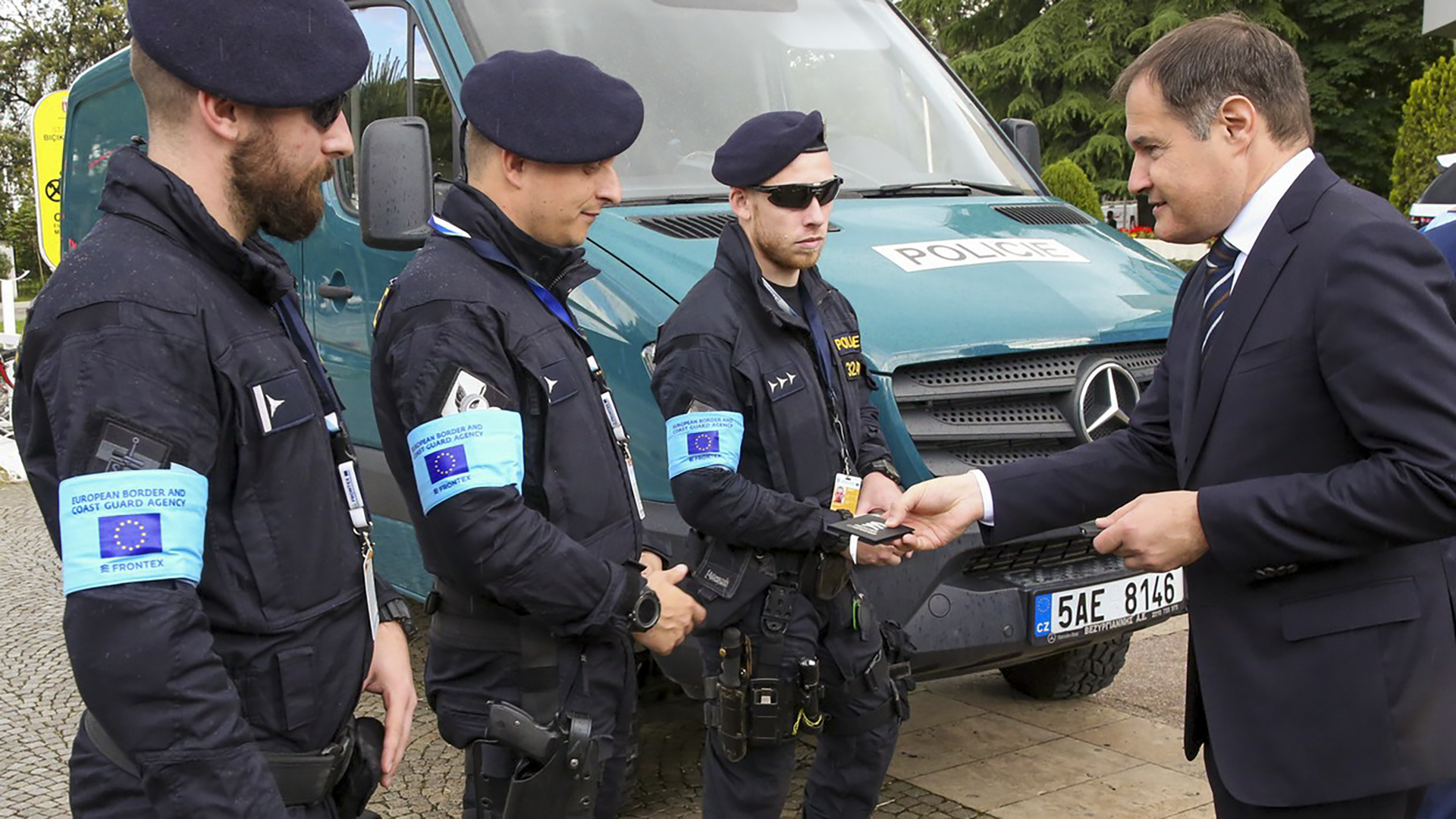
The fortified gates of the Balkans
How non-EU member states are incorporated into fortress Europe.
|26.02.2021
|
As one of the main migration routes into Europe the Balkans has become the key region for Frontex.
“The current police actions are empowering criminals and organized crime.”
“Europe may not have enough power to influence the situations in places further away that push migration, but it can influence its border regions.”
Radoš Đurović, APC“It would be illusory to expect that all of the EU would rise up to the level of respect for human rights and to the high standards of Sweden.”
Marko Gašperlin, Frontex“The least the EU should do is take care that its policies do not turn the region into a cradle for criminals and organized crime.”
Jasmin Redžepi, Legis
Kristina Božič
Kristina Božič is a journalist from Slovenia.
This story was originally written in English.